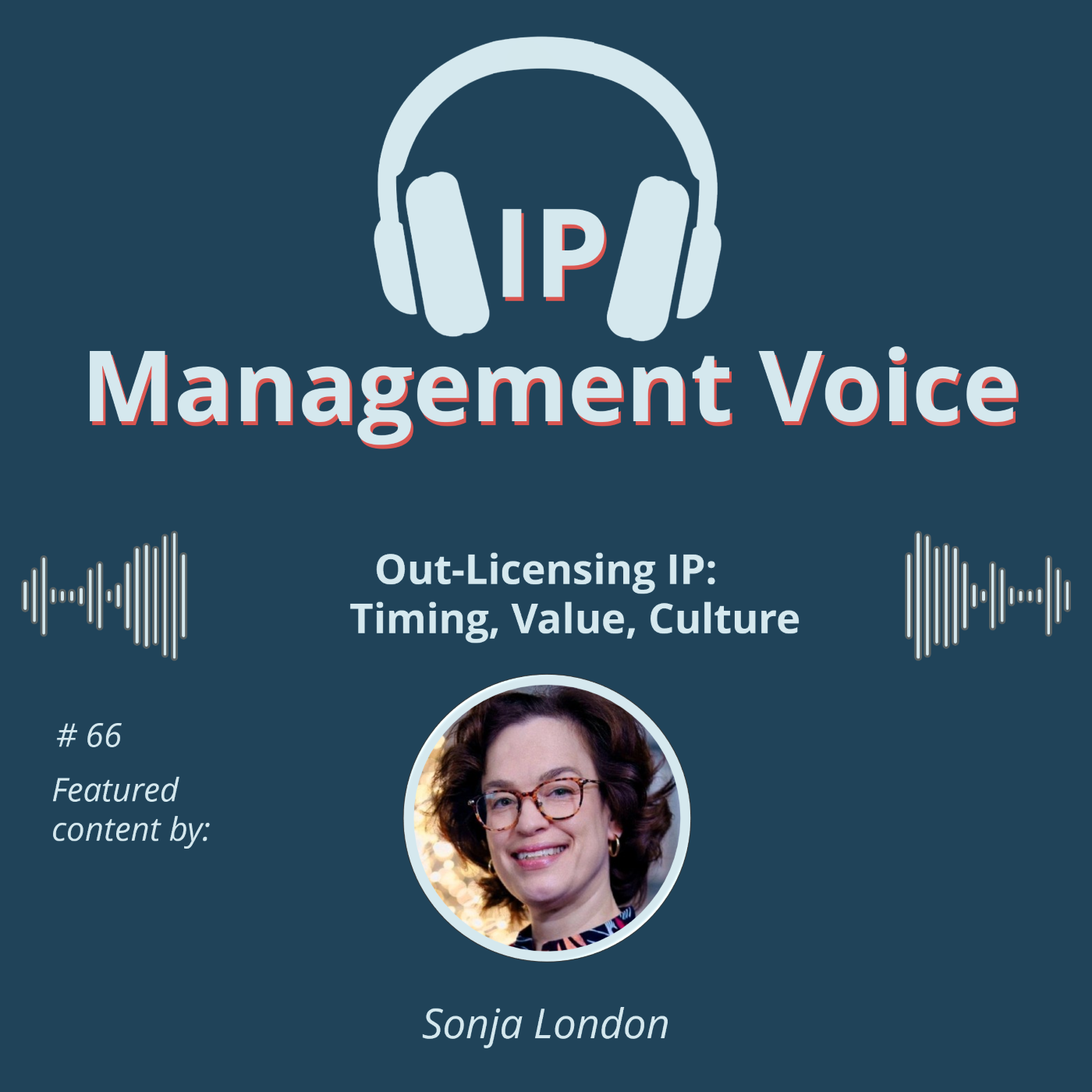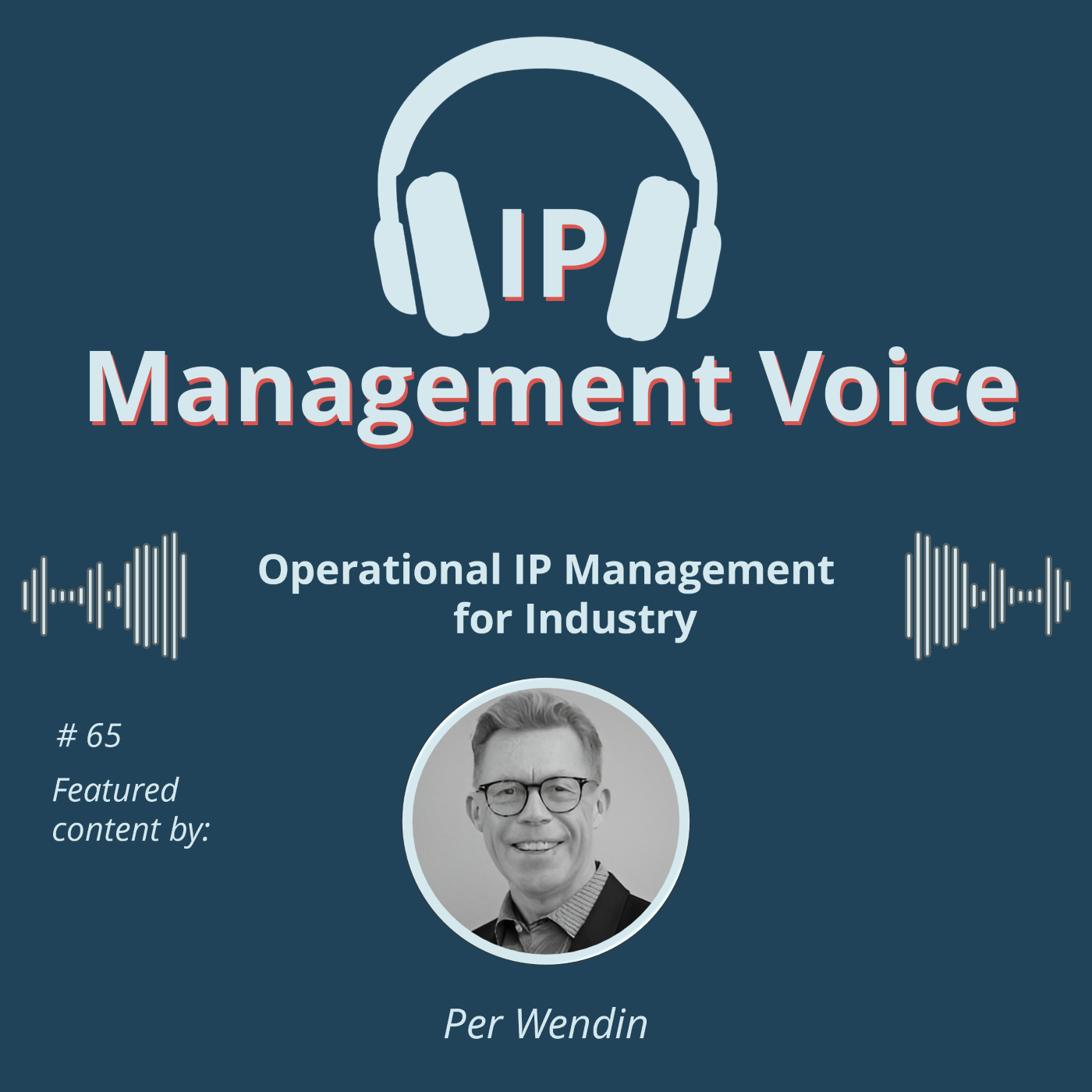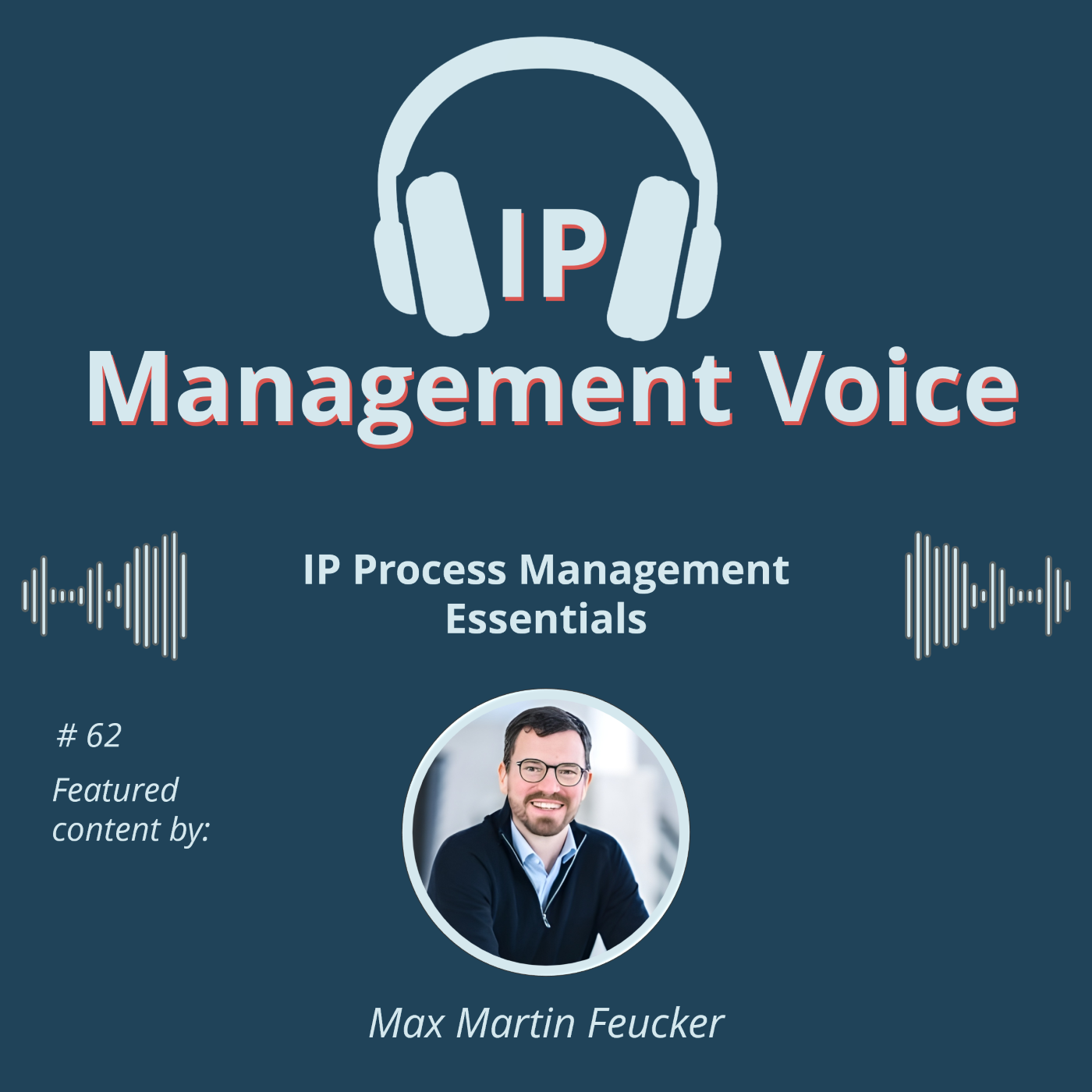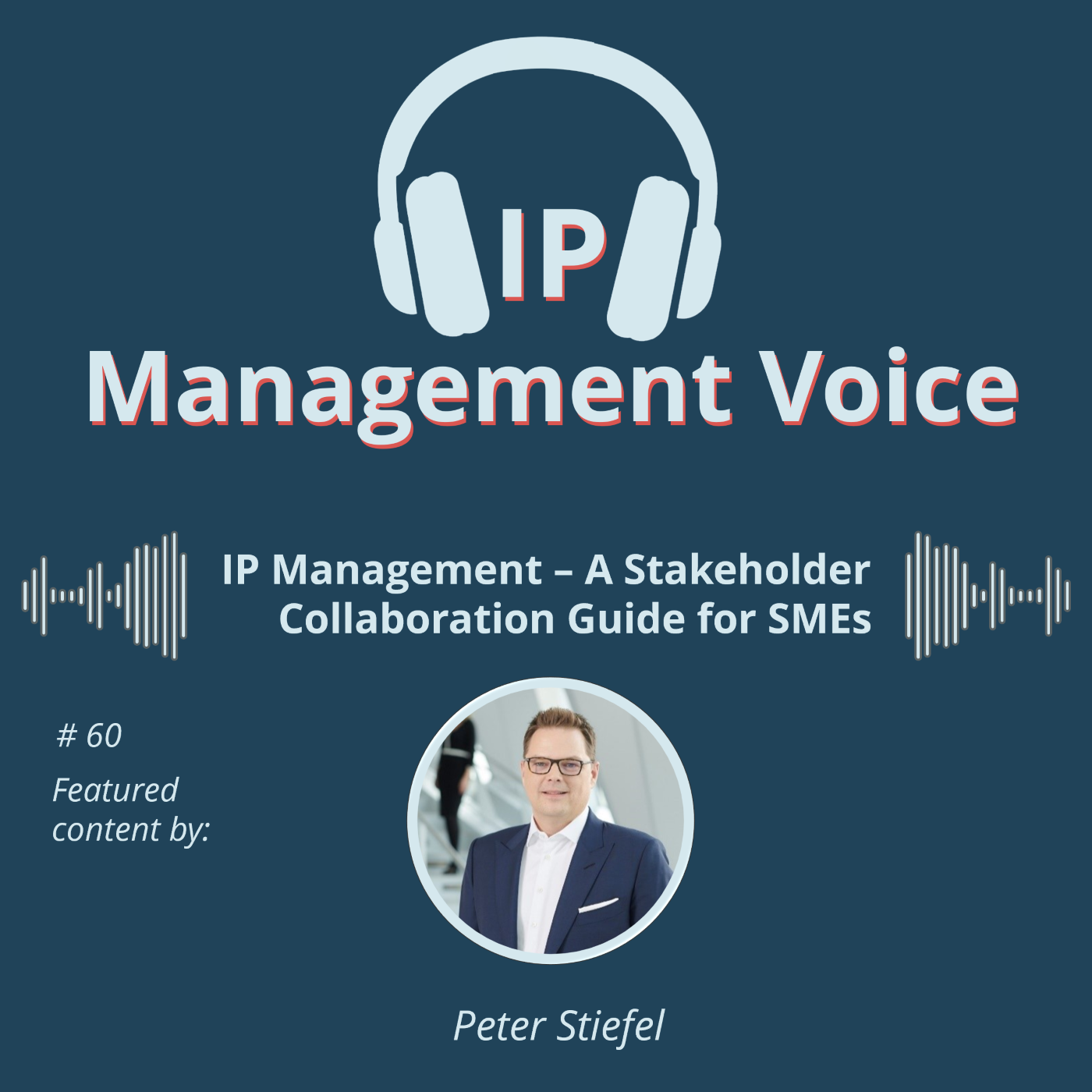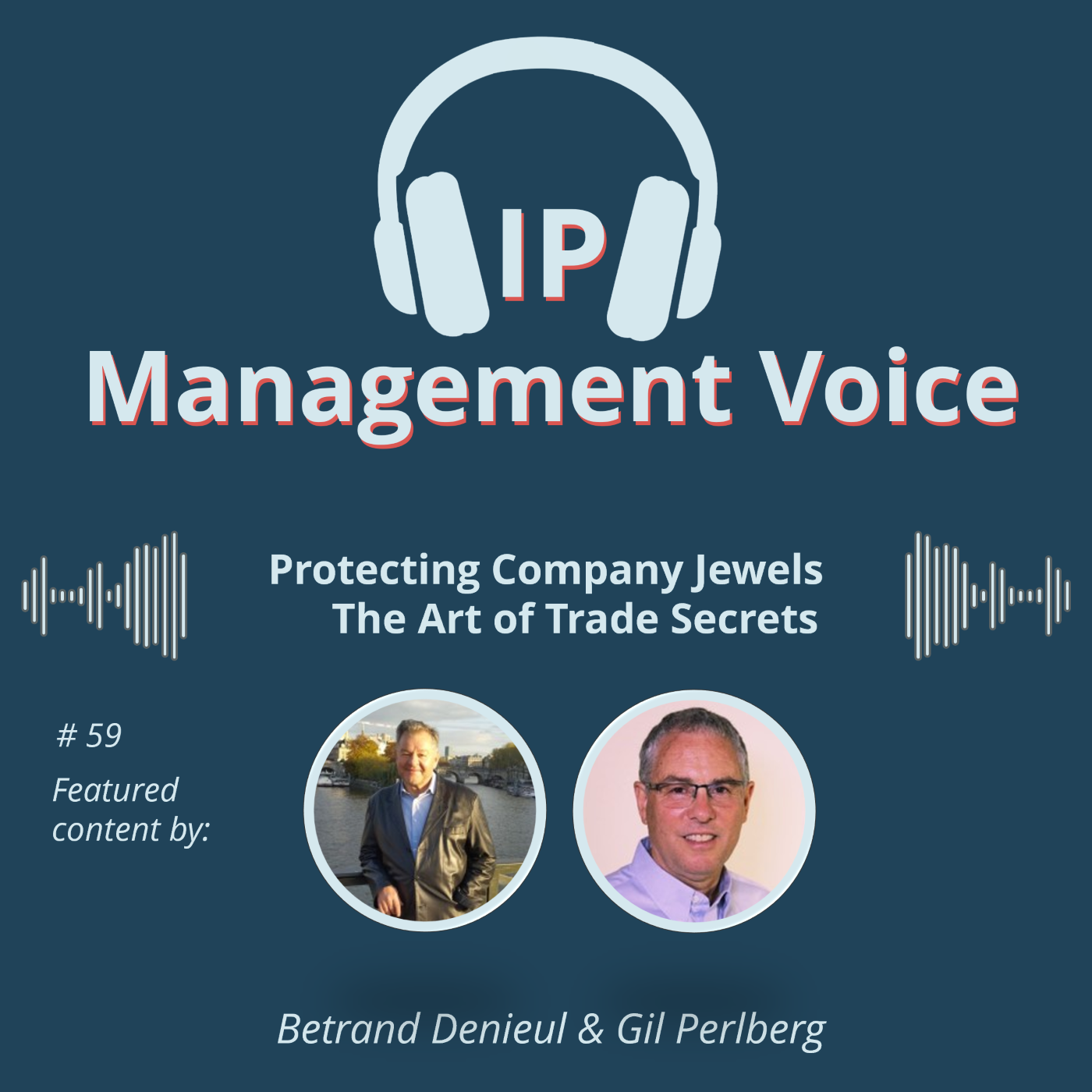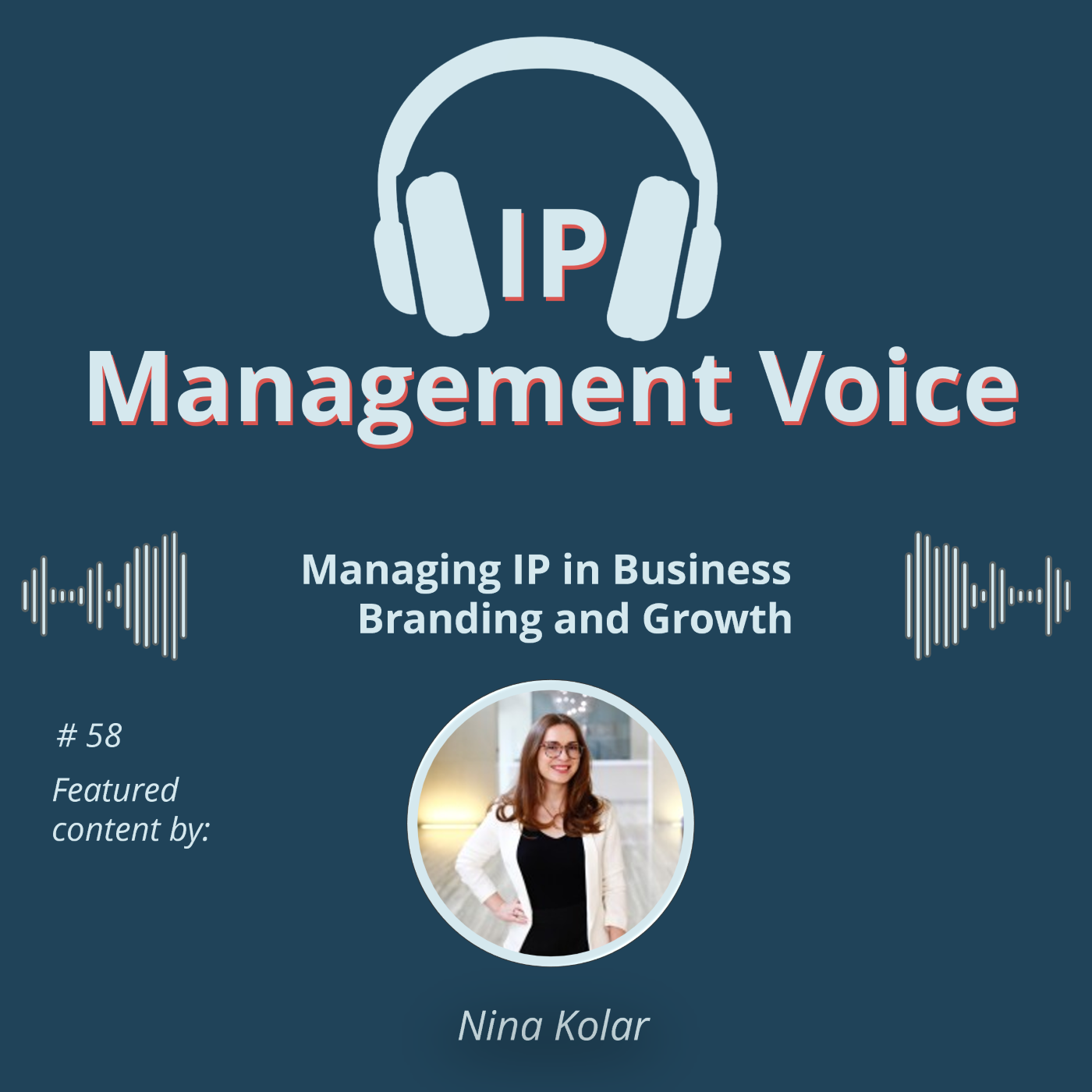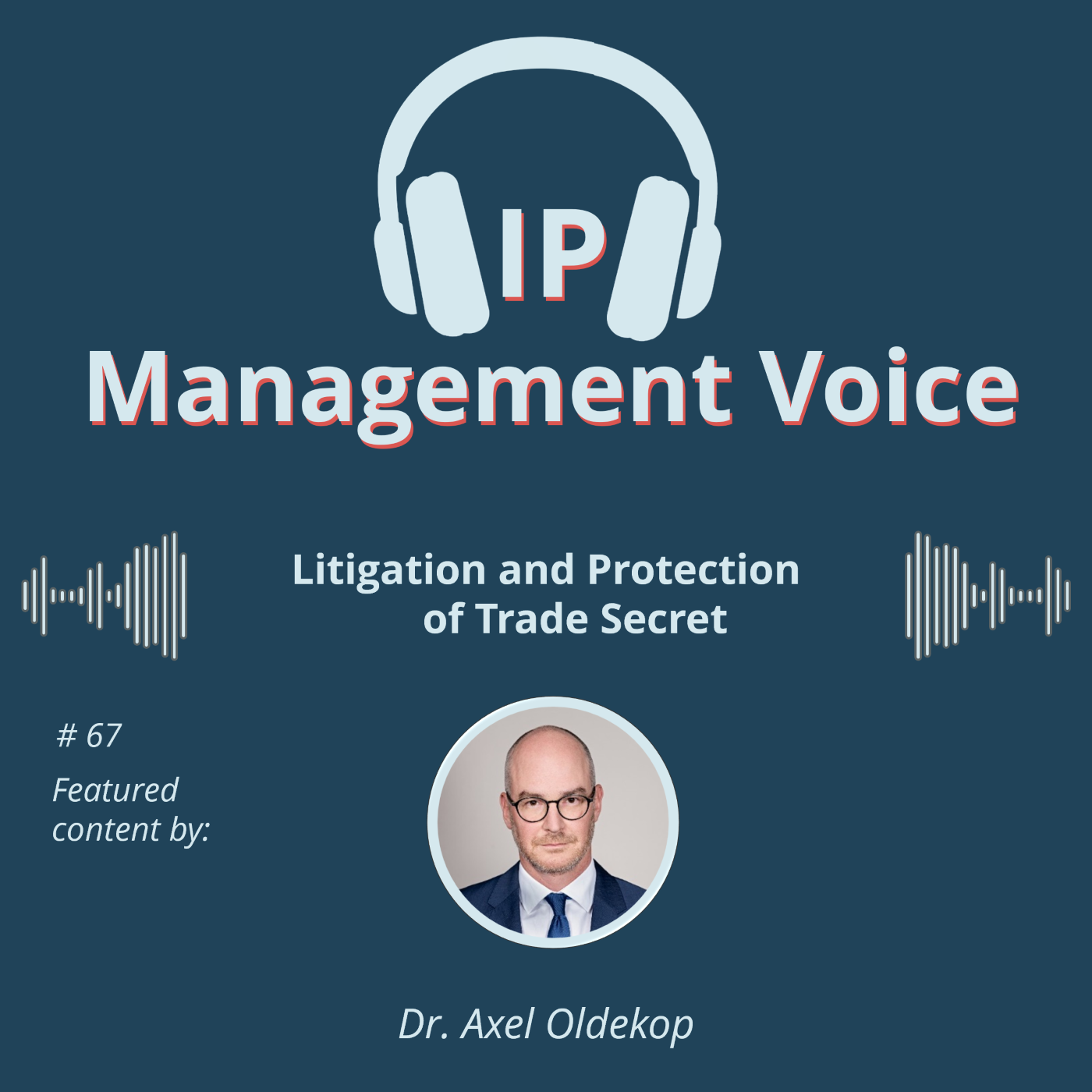
#67 Litigation and Protection of Trade Secret
This episode gives an overview to litigation of trade secrets, which focuses on the legal protection of confidential business information. The episode establishes that trade secrets are often a company's most valuable IP, distinguished from patents and trademarks because their protection depends on active management rather than public registration. The core topic is trade secret litigation, which is presented as an essential legal mechanism for defending these assets against theft, misappropriation, and unauthorised disclosure, thereby safeguarding a company's innovation and market position. The episode also highlights related topics, such as the three-part test for defining a trade secret, legal options...
